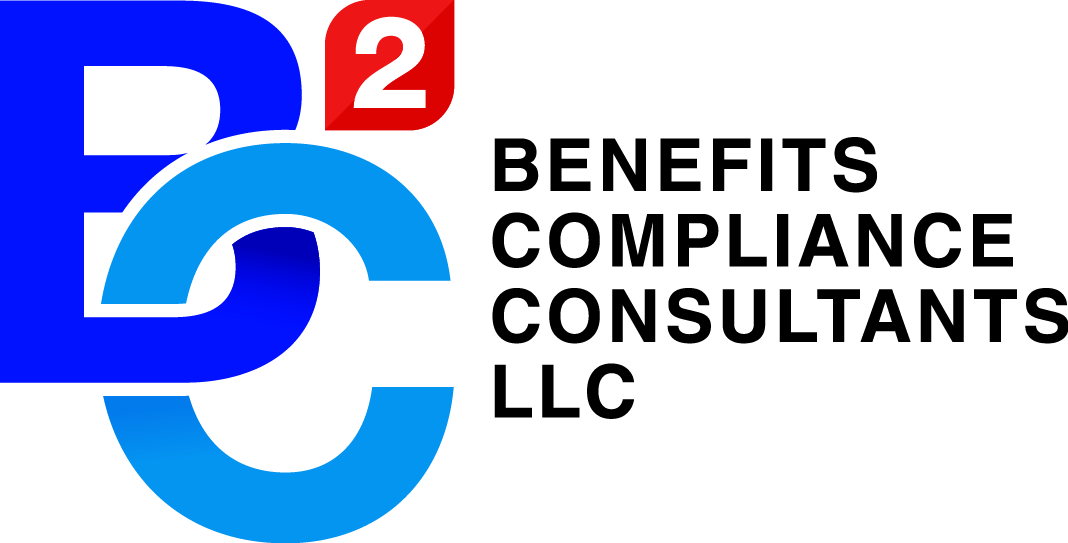Is your business exempt from filing Form 5500?
The Form 5500 is an annual report that is filed with the Department of Labor containing information about the financial conditions, investments, and operations of a 401k plan. It is a vital part of any business that provides a retirement plan to its employees. Generally, a company has to deposit their employee’s salary deferrals no later than the 15th business day of the month after the contribution date. Small businesses that have 100 or fewer employees get an extension of 7 days after the collection of salary deferrals.
Plans not covered by ERISA or Employee Retirement Income Security Act are exempt from filing form 5500. If you are wondering who is exempt from filing Form 5500, read on.
1) Business Owner Only Plan
– A retirement plan that covers only the business owner and the spouse (if applicable) is usually exempt from filing form 5500. This is only possible if the total plan’s assets are worth $250,000 or more as of the first day of the plan year. This is because it assumes the business doesn’t have eligible employees for the plan. If employees are improperly excluded, the exemption is void, and the Form 5500 must be filled.
 2) Non-Erisa 403(b) Plans
2) Non-Erisa 403(b) Plans
– 403(b) plans are generally exempt from filing Form 5500, and churches and government institutions usually get an exemption because they frequently sponsor them.
Apart from them, if an employer has limited involvement in its operation and maintenance, that plan will also get an exemption.
However, it is important to note that it is very hard to define what “limited involvement” means. In such cases, one should consult the exemption status with an entity that has in-depth knowledge about it. Not all 403 (b) plans get an exemption.
3) Unfunded Welfare Plans
– If a welfare plan has less than 100 participants at the start of the plan year and is insured or entirely unfunded, there is no need to file Form 5500. So what makes a plan to be considered unfunded?
Well, if the employer is paying the full cost of the plan from their general account, the plan is considered to be unfunded. If there is a trust involved or if the cost comes from a specific account (where the participant contributions are separated from general assets), they won’t get an exemption.
4) Plans with Only Certain Specified Benefits
– If the plan provides only certain specified benefits, then there is no need to file Form 5500 even if the number of participants is high. Daycare centers, certain apprenticeships union plans, etc., generally get an exemption.
If you are unsure as to whether you or your company is exempt from filing Form 5500, you need to consult with a knowledgeable compliance authority.
Otherwise, you may end up with a penalty of $25 per day up to a maximum of $15,000 from the IRS and up to $1,100 per day from the Department of Labor. Most companies realize their mistake only after they receive a letter from the IRS or DOL (Department of Labor).
As this letter is usually sent a year after its due, a substantial amount of penalty fees may be levied upon the company. It’s always wiser to be cautious to minimize potential risks, especially regarding the IRS.
We provide several different services ranging from Form 5500 filing to providing wrap plans to help companies navigate more easily when it comes to financial hurdles.





